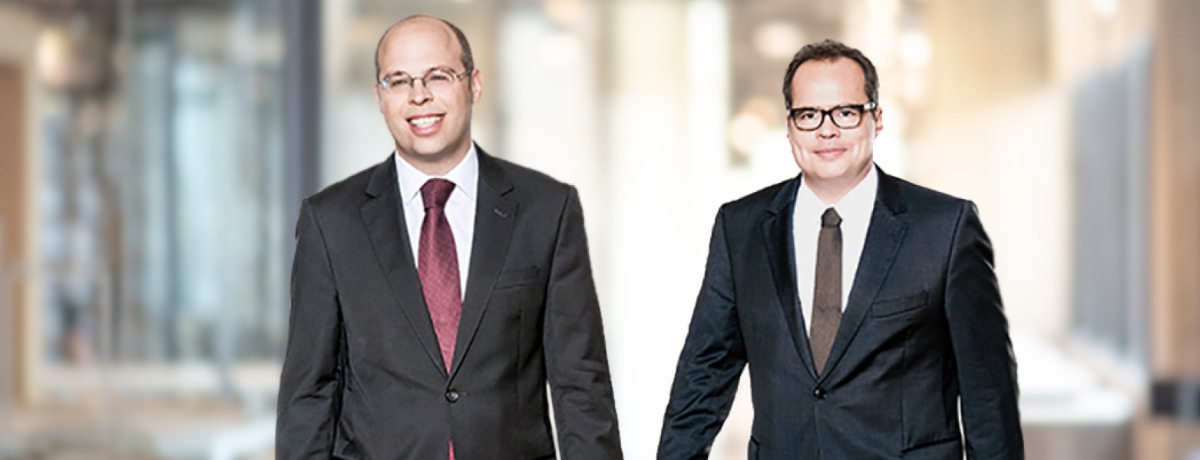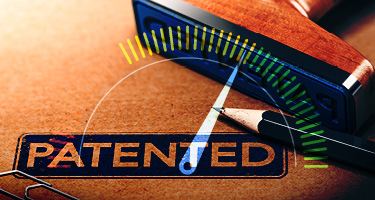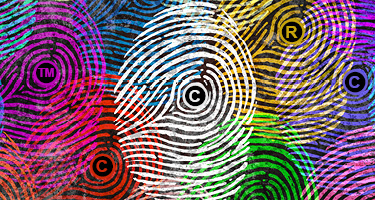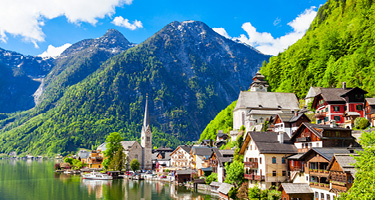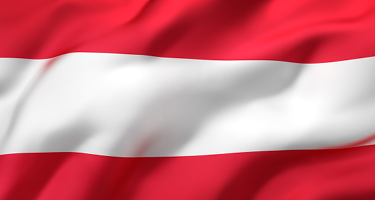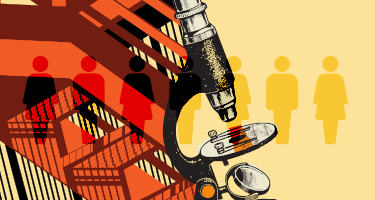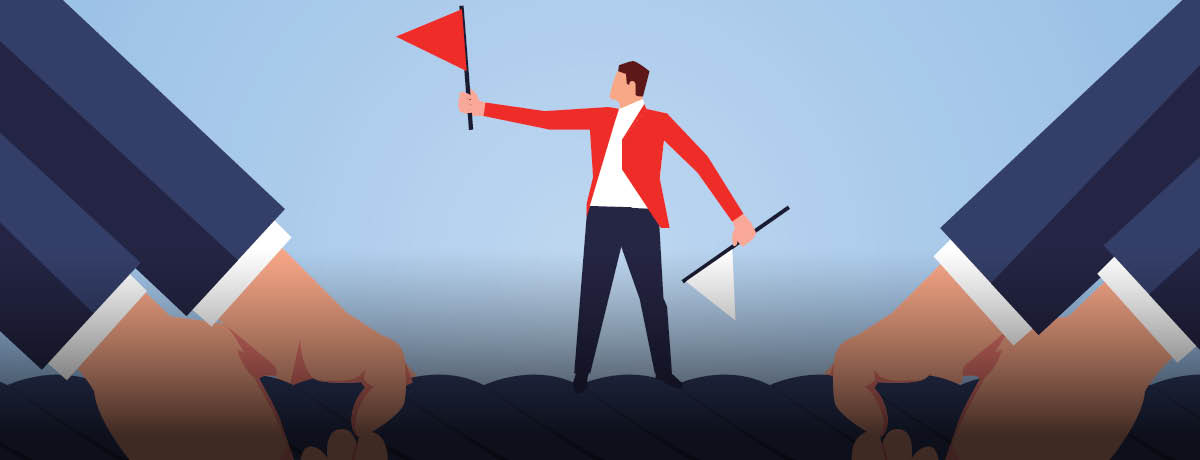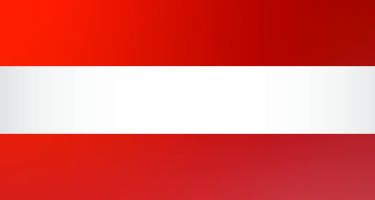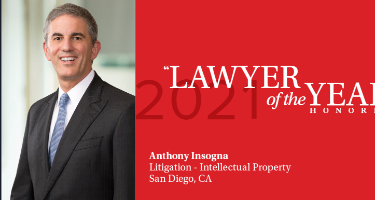This interview was conducted as part of the 2020 Edition of The Best Lawyers in Austria “Law Firm of the Year” award recognitions. Our partner Handelsblatt, also published these awards on June 27, 2019, online and in print in their June 2019 edition.
Safeguarding one's intellectual property and trade secrets, in this digital age of seamless communication and borderless commerce, has never been more difficult. Helping European companies defend their interests against IP purloiners and patent trolls is the team at Vienna, Austria–based Schwarz Schönherr Rechtsanwälte, recently named “Law Firm of the Year” for Intellectual Property Law in Austria. Two of its partners, Georg Schönherr and Thomas Adocker, sat down with Best Lawyers CEO Phillip Greer to discuss trade secrets, patent infringement, and why zero-tolerance is the only worthwhile anti-counterfeit strategy.
Theft of trade secrets has become a prominent area of discussion in America—in fact, it’s one of the big points of contention in the U.S.-China trade war. How prevalent is such theft, and how do you advise clients to protect themselves?
Georg Schönherr: There has been much discussion on this in the European Union—there’s a new EU directive that has been implemented in Austria. The [intellectual property] community was talking a lot about this, but we doubt it has had a lot of influence on the cases we have in Austria. This might change now, but up to now, it was more an academic issue than something we were doing a lot in our practice.
Thomas Adocker: The problem is when you compare trade secrets with patent infringement. If you look at a product, you can assess whether the features of the patent are fulfilled or not. If they are fulfilled, is it patent infringement? If not, it’s not. When you question whether a product was produced using trade secrets, it’s very difficult to prove this. The defendant may say no; this was not based on trade secrets. This was based on our own research—and it’s much more difficult in practice to prove infringement of trade secrets. This makes it more difficult than other IP cases, and it’s the reason why there is not as much IP litigation in the trade-secrets field as in the patent field.
Have you found there to be an increase in cross-border disputes regarding intellectual property?
GS: Yes, but we’ve had cross-border disputes for a long time. We have them in patent infringement cases, in trademark cases. We represent many big international companies, and it often happens that they’re fighting in different jurisdictions at the same time. Even the lawyers coordinate their activities. So, this is something really well known to us; it happens frequently.
Some people believe patent trolls are becoming a significant problem, especially in the technology space. Have you had any experience with that?
TA: Yeah. In one case, still pending, our client is a main provider for electronic certification services and partnered with federal institutions, as well as several banks and companies, and filed a nullity suit against the patent of such a troll. The troll had filed an infringement lawsuit against our client. The infringement lawsuit was stayed until the final decision. We were aware that the patent owner already sued some other major companies, like Google. So, he’s well known in the community as a famous troll.
What about physical goods, meanwhile? Fake goods have always been around, but they seem to thrive in the e-commerce environment. What strategies have you used to protect your clients?
GS: Our strategy against counterfeits is a zero-tolerance policy, which means we do a lot of work for many famous, mainly fashion companies—we go to criminal court, we do private prosecution proceedings. We try to be as tough as possible on this.
Are there any upcoming projects or other work you’re particularly excited about?
TA: We’re always excited about new cases, and fortunately, our pipeline is very well filled. With regards to patents, for instance, there’s big litigation starting in the [coming] weeks in the sector of mountain lifts and ropeways.
GS: Regarding trademarks, a few weeks ago we won a major trademark case with the Austrian Supreme Court [of Justice] against Unilever. It was about the shape of ice cream. This was everywhere in the newspapers in Austria—a big case, a very prestigious case. It’s a leading case of trademark law and unfair competition law, so we’re very excited about that.
This interview has been edited for length and clarity.
Find trusted legal counsel with the Best Lawyers Find a Lawyer tool and get the support you need.
